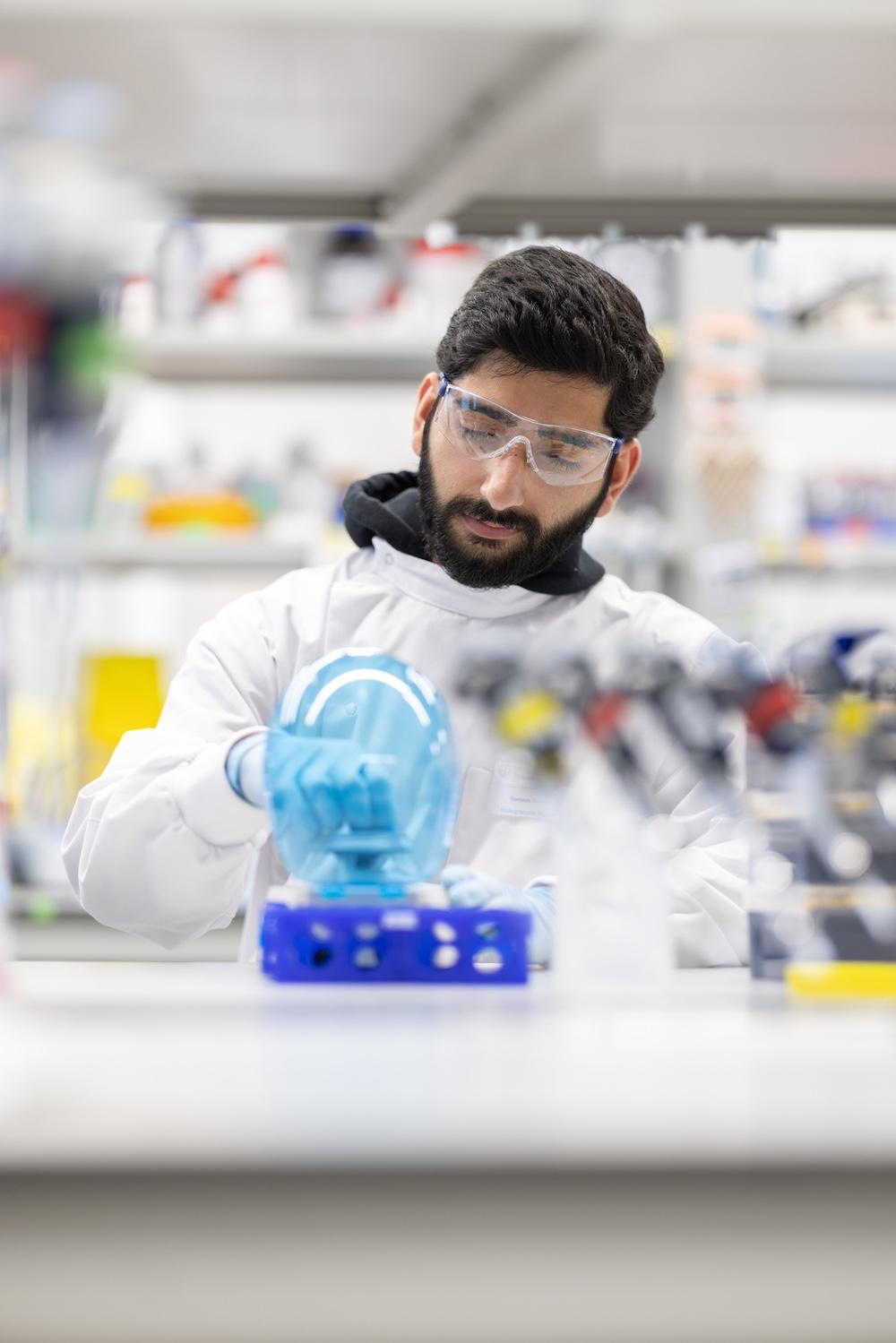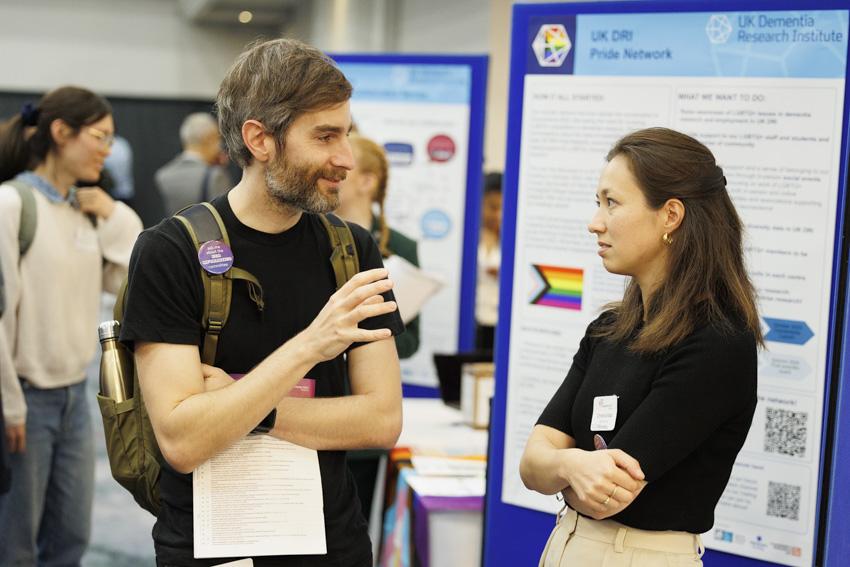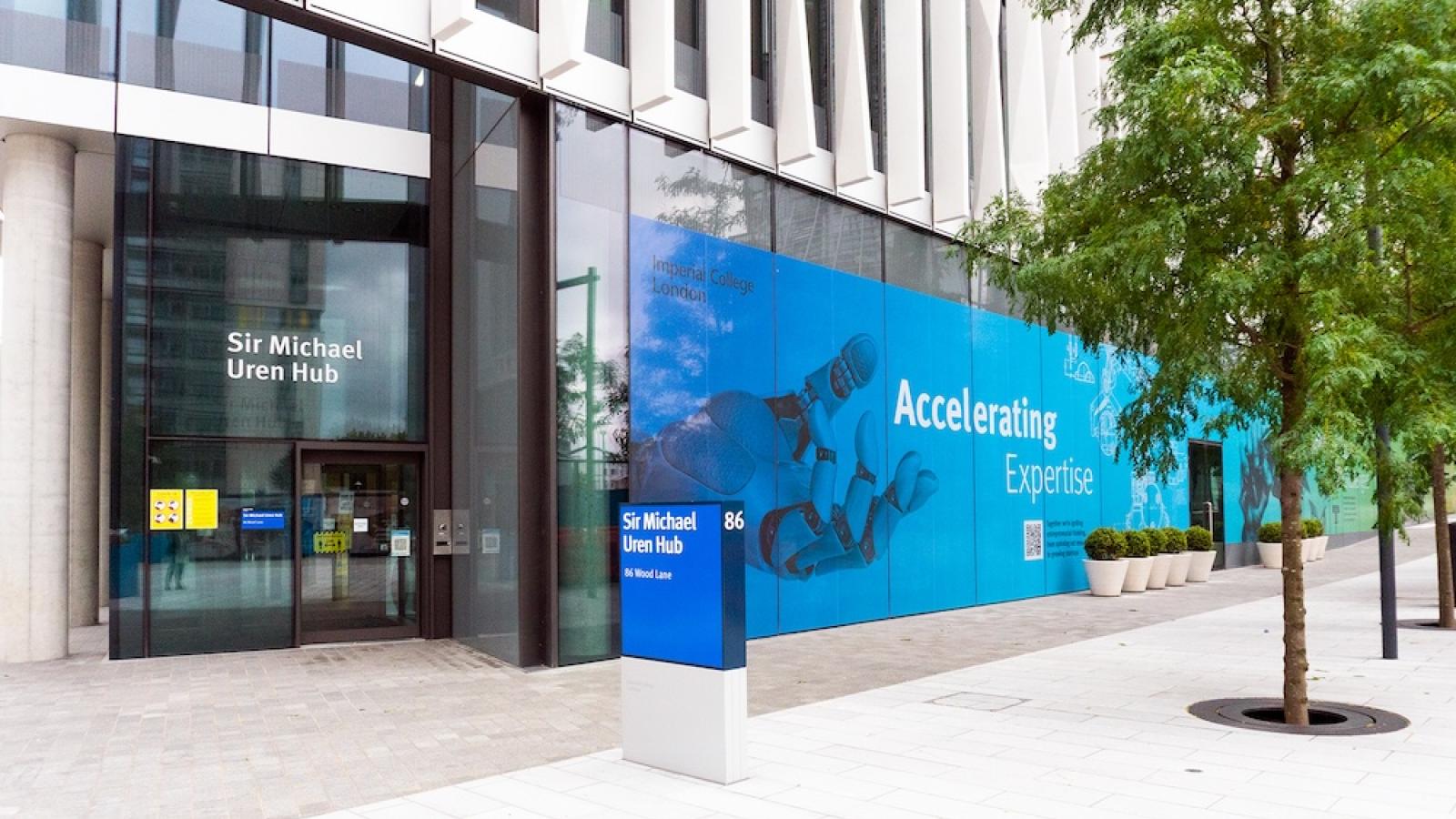Vacancies
-
Key details
- Location UK DRI at Imperial
- Salary: £43,863 - £47,223 per annum
- Lab: Dr Cynthia Sandor
About the role
We are seeking a highly motivated Research Assistant for a project focused on access, harmonisation, and integration of complex biomedical datasets in Parkinson’s disease and related neurodegenerative disorders. The role centres on enabling high-quality, reproducible analysis across prescription data, longitudinal clinical records, wearable time-series data, and multi-omics datasets, with particular emphasis on preparing analysis-ready datasets that support downstream statistical and machine learning workflows.
You will work closely with Dr Cynthia Sandor within a collaborative and interdisciplinary environment embedded in the UK Dementia Research Institute at Imperial College London.
What you would be doing
You will contribute to data access workflows, database and pipeline development, and cross-modal harmonisation of large-scale datasets from international cohorts and biobanks, including PPMI, UK Biobank, and All of Us, with a focus on designing scalable and reproducible data pipelines.
You will work with electronic health records, cohort data, and large-scale research datasets to develop pipelines for secure data access, data cleaning, longitudinal harmonisation, and quality control, ensuring that datasets are structured to support downstream clinical, statistical, and machine learning analyses. Through this work, you will enable robust, scalable research and contribute to a broader goal of improving understanding of disease mechanisms and treatment responses in Parkinson’s disease.
What we are looking for
We are looking for a creative and enthusiastic researcher who can take on a challenging role with considerable scope for independent contribution and personal growth. You will play a central role in advancing clinical data infrastructure, data harmonisation, and integrative data science research, particularly at the interface between data engineering and downstream analytical workflows.
While experience in machine learning is welcome, you should have a background in strong data engineering, data management, and analytical skills, and sufficient machine learning literacy to support downstream modelling and reproducible analysis, alongside a keen interest in neurodegenerative disease research.
You should be a highly motivated researcher interested in developing and applying computational approaches to access, clean, harmonise, and integrate complex biomedical datasets, including prescription records, longitudinal clinical data, wearable time-series data, and multi-omics data, in the context of Parkinson’s disease and related neurodegenerative disorders. You will collaborate closely with research groups across the UK Dementia Research Institute and Imperial’s Department of Brain Sciences and will be supported in their scientific and career development.
Training

PhD students
The Imperial College London Graduate School provides a range of free courses and workshops for postgraduate students, including topics such as:
- Research communication
- Research computing and data science
- Professional progression
Postdoctoral researchers
Imperial's Postdoc and Fellows Development Centre (PFDC) offers bespoke training for postdoctoral researchers, in areas including:
- Leadership development and peer mentoring
- Project management
- Fellowship applications
Staff
A wide range of staff development courses and programmes are available to all Imperial staff.
See here for further information about training opportunities available to UK DRI at Imperial researchers and staff.
Staff networks

LGBTQ+ Allies Network
The LGBTQ+ Allies Network promotes LGBTQ+ visibility within Imperial's Department of Brain Sciences, and provides a bridge with the wider LGBTQ+ STEM community.
Able@Imperial
Able@Imperial are a staff network who support and help Imperial staff with disability in the workplace.
Londonomics
The Londonomics network addresses a critical need for connectedness and support for Early Career Computational Researchers (ECCRs) based across London.
